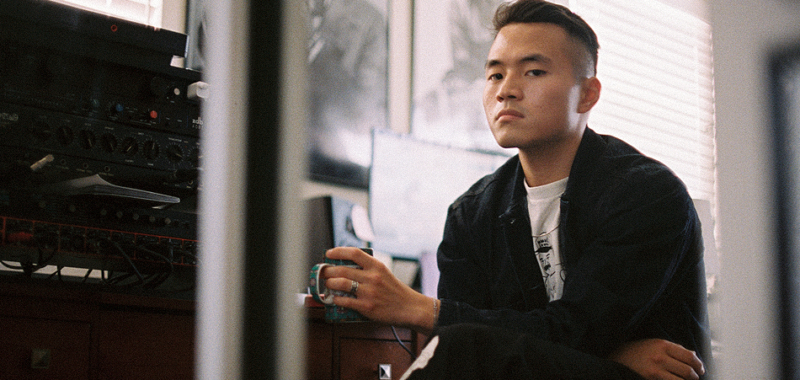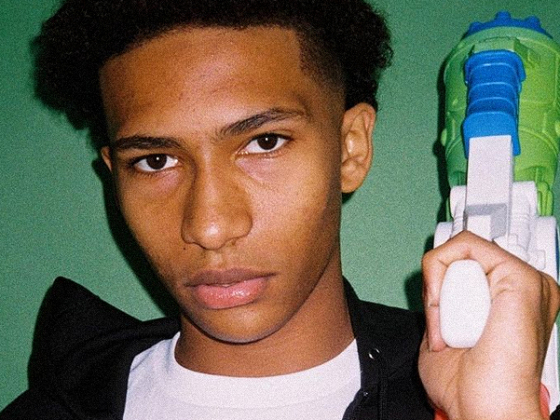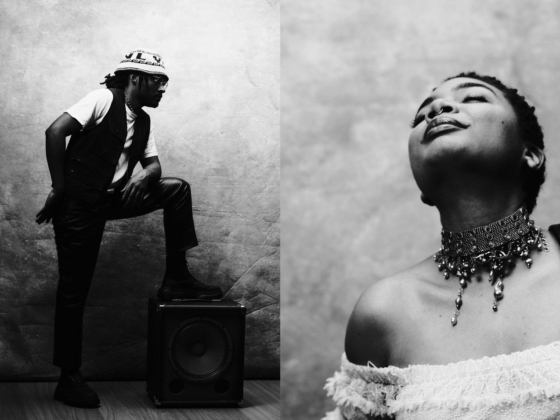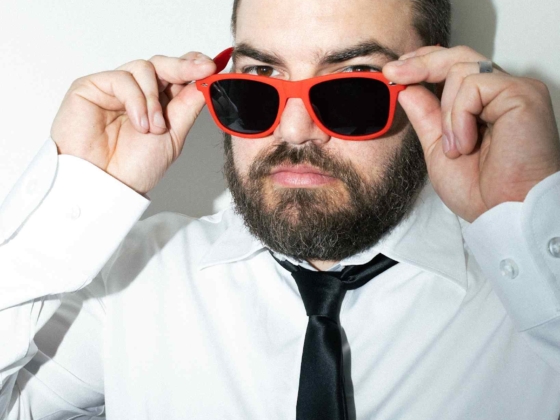The story of Frankenstein is about a scientist who creates an artificial creature from pieces of corpses, and brings him to life. The monster is rejected by both his creator and all of mankind so he plots his revenge by killing the loved ones of the scientist. On a more metaphorical level, I believe that when people change, but aren't true to themselves, they are doing a similar thing to that of the scientist. They're trying to configure something unnatural because, for whatever reason, they believe they're better that way, but in turn they are killing the truest parts of themselves. Mei, formerly known as Brandt Orange, explores what happens when you change yourself for someone else in his new song, "Frankenstein."
The track starts with refined strumming of an acoustic guitar, before Mei's striking vocal is introduced. He sings, "Caught up with you / At least you give me something to do / Maybe it's something to prove for myself," creating an air of honesty, as he seems to speak to trying to prove his worth to himself through another's eyes. While the chorus isn't lyric driven, the lush tones of Mei's vocal accompanied by acoustic instrumentation, creates breathing room between the lyric heavy verses, providing space for listeners to look inward. During the second verse synths are added, producing a buoyed effect that sonically lifts the production, which continues through the second chorus.
"Frankenstein" peaks during the bridge both sonically and lyrically, as Mei is at his most vulnerable. This is where he seems to become doubtful of the changes he's made to himself, generating a bit of anxious tension between himself and listeners. While we often think of changing for someone in the physical sense, Mei explains how that isn't the case here, "It’s more of an emotional transformation than a physical one." This theme is only strengthened by the lyric, "More the thoughts than the things / Or the parts that she likes."
While he didn't create an entirely new person, Mei seems to have felt he had changed so much that neither he nor the person he was changing for could recognize him. He explains, "The worst part is, a lot of times who we change ourselves to be isn’t even what the other person is looking for, we just think that it is." The last line of the bridge, before the outro, seems to sum this up, "Cut the main line to my body / Humanize, human eyes / Frankenstein such defines me," leaving listeners to reflect on how healthy their relationships are with others and themselves.











